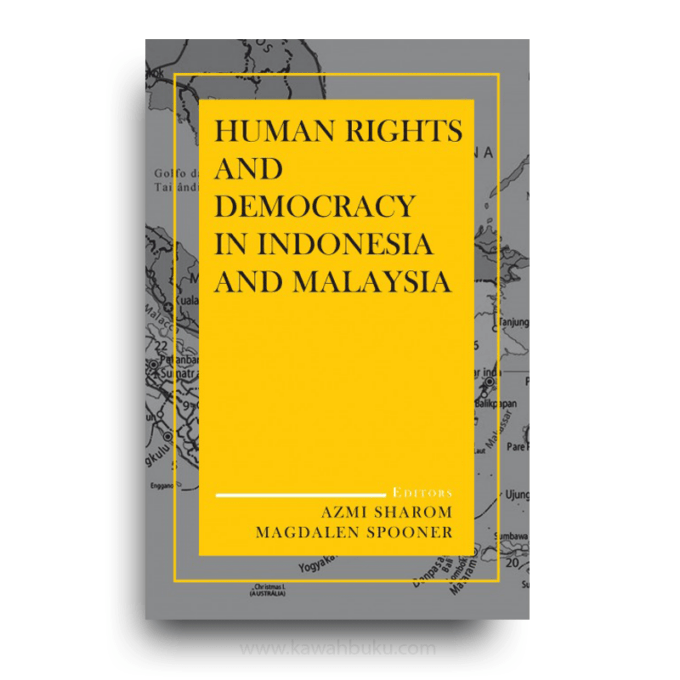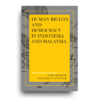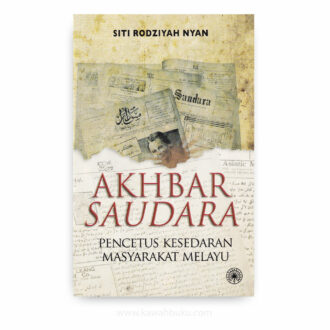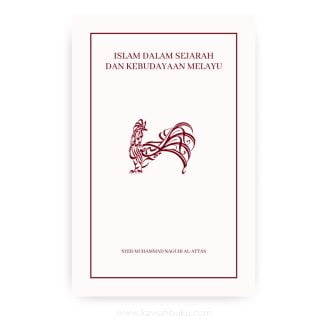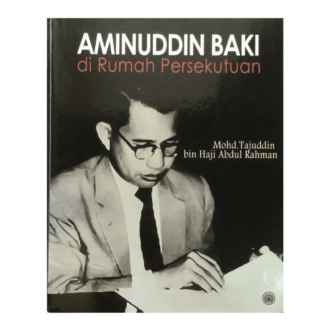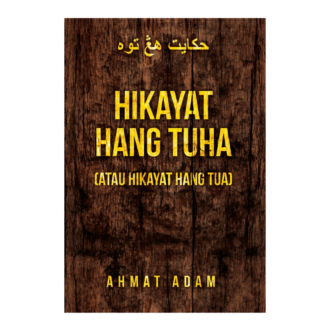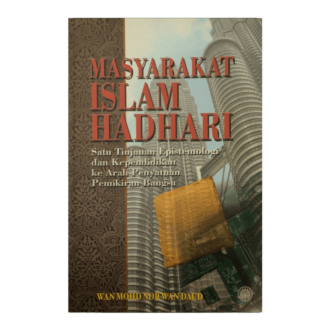Human Rights and Democracy in Indonesia and Malaysia is the result of a project encompassing fifteen university and civil society researchers from Malaysia and Indonesia. The objective of the project was to study democracy and human rights in both of these countries. The goal was not to merely describe the relationship between the two concepts but instead to examine in-depth how these concepts work symbiotically and how they may be enhanced or threatened. And this was to be done not merely in the more obvious areas of intersection between human rights and democracy but also in fields that are perhaps not studied enough or studied more commonly from different perspectives.
Human Rights and Democracy in Indonesia and Malaysia covers six themes. Each theme has one chapter from Malaysia and one from Indonesia. Some of these themes show a more direct correlation between human rights and democracy. For example, Mohd Azizuddin Mohd Sani and Herlembang Wiratraman write about the freedom of expression in Malaysia and Indonesia respectively. Aziz examines the freedom of expression from a historical and philosophical context. His work exposes the lack of any sort of philosophy among the ruling elite of Malaysia which appreciates the concept of freedom and human rights This has led to frequently used “justifications” of national security and stability to curb and suppress expression. In Indonesia, Herlembang points out that although times have changed and there are many improvements in terms of the freedom of speech, there is a need to be wary of complacency. This is because although the more blatant repressive laws and suppression of the past may be gone, there are now less direct methods of controlling speech which is arguably more insidious in its subtlety.
The need for a judiciary dedicated to and willing to protect democracy is studied by Luthii Eddyono from Indonesia and Saroja Dhanapal and Johan Shamsuddin from Malaysia. The point of comparison to be made between the two judiciaries is based on the structure of the court system. Does the fact that Indonesia has a specific Constitutional Court make a difference compared to Malaysia’s unitary civil court system? Are the differences the result of structural and institutional readjustments or perhaps it is the more intangible factor of judicial attitude?
Another aspect of democracy is that although the majority rules. the rights of the minority must still be protected. The tyranny of the majority has to be avoided and in both Malaysia and Indonesia, religious minorities face continued discrimination and oppression. This is examined by Eko Riyadi and Dian Shah as they explore the growth of Islamisation in Indonesia and Malaysia respectively and how it has affected religious freedom. The human rights of the minority are also studied from the context of indigenous peoples. How does the right to self-determination work in a democratic nation and is it sufficiently recognised and protected by the legal system? These are questions explored by Joeni Kurniawan from Indonesia and Yogeswaran Subramaniam from Malaysia.
Gender issues in a democracy go beyond universal suffrage. In Malaysia, Tan Beng Hui and Masjaliza Hamzah use the experience of civil society in their work opposing violence against women to study how the lack of democratic space has resulted in the continued phenomenon of gender violence. In Indonesia, Dewi Candraningrum and Anita Dhewy look at how gender equality is stunted by the continued practice of child marriages. They argue that poverty, growing religious conservatism and poor education has meant growing numbers of girls being married off by their families leading to the real possibilities that the future of these girls may be compromised.
Feri Ansari places Indonesian democracy under the microscope by going beyond general elections. He argues that even before that process, the method with which political parties select their candidates are democratically flawed and undermines the possibility of a truly representative system. Faizal Hazis traces how the authoritarian regime of the National Front of Malaysia was challenged. His chapter provides a historical context to the recent developments in Malaysia and a reminder of the sort of repressive measures an authoritarian government will take in order to maintain control and how for the “New Malaysia” a return to that state of affairs must not be allowed to occur.
This book hope will convey the complexities and subtleties of human rights and democracy in these two Southeast Asian countries. At the time of writing, there is a deficit of human rights and democracy in this region. For all its flaws both Malaysia and Indonesia are currently, arguably, the most democratic countries in the region. It is vital therefore to understand the issues related to human rights and democracy to ensure that there are continued progress and no regression.

